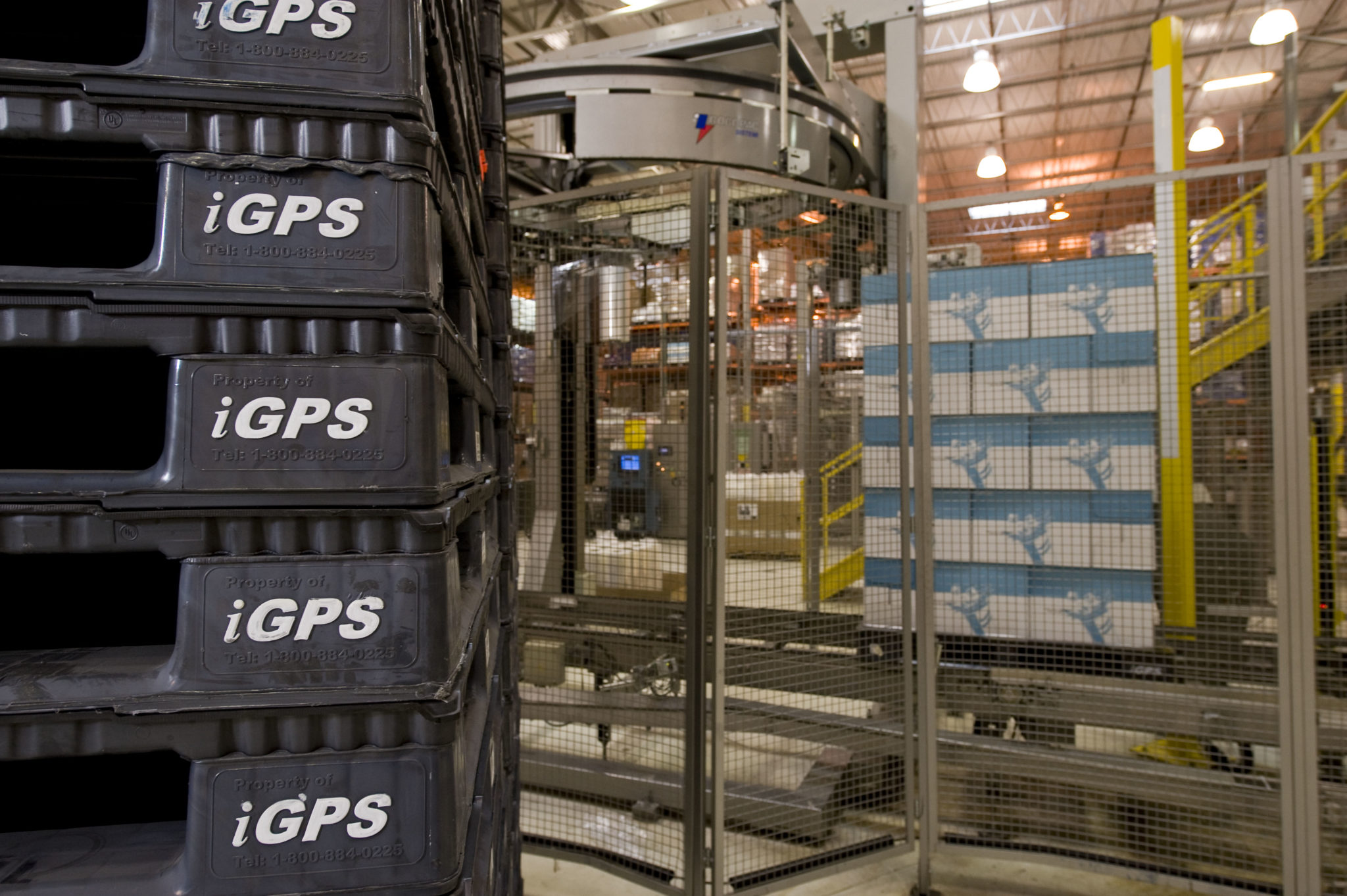BJ’s Pallet Requirements
BJ’s Wholesale Club is a popular chain that does more than $15 billion in business per year and has expanded beyond grocery to offer products like gas, electronics, clothing, and more. BJ’s is a leading presence on the East Coast, with over 200 wholesale stores. For vendors looking to begin a relationship with this chain, it’s wise to review BJ’s pallet requirements first.

An Overview of BJ’s Pallet Requirements
BJ’s Wholesale Club has strict standards when it comes to pallet size, uniformity, and appearance. Here is a summary of BJ’s pallet requirements for domestic suppliers. Suppliers are encouraged to confirm this information directly with BJ’s to ensure it includes the latest updates.
- CHEP, PECO, and iGPS pallets are accepted.
- Pallets must be four-way entry, with dimensions of 40-by-48 inches. Pallets outside these dimensions must be pre-approved by the company.
- Wood pallets must meet CBA Hardwood Standards.
- Pallets must be in “excellent” condition, which means no signs of prior repairs, broken or cracked boards, splinters, or loose hardware.
- The top boards on wood pallets should have spaces of no more than 3.5 inches between them.
- Pallets should have no dirt, grease, or odor.
- Wood pallets should be made of at least 95-percent hardwood.
- Each pallet’s top layer must include a slip sheet to limit dirt and debris and enable double-stacking.
- Pallet weight must not exceed 2500 pounds, though some exceptions may be made based on the type of product transported.
- Fumigation is required for all wood pallets entering BJ’s supply chain.
Like many grocery chains, BJ’s will reject loads and issue chargebacks for materials, labor, and handling for products shipped on pallets that do not meet their standards.

How Plastic Pallets Meet Requirements for BJ’s Wholesale Club
Plastic pallets from iGPS are a great choice to meet BJ’s pallet requirements for many different reasons. Just a few of their benefits include:
| Debris Control | Pallet debris on the warehouse or showroom floor isn’t just unsightly, it can lead to slips and falls that cause serious injuries. Plastic pallets don’t shed debris like wood pallets do, making them an excellent choice for any retailer, including club stores. |
| Durability | Plastic pallets don’t absorb moisture that can lead to warping, and are more resilient than wood, making them less likely to crack. As a result, they are able to make many more trips than wood pallets while staying display-ready. |
| No Fumigation | Wood pallets require fumigation because they offer a habitat for insects and other pests. Plastic pallets need only pressure washing to stay clean and hygienic, and are unlikely to harbor pests. |
| Lightweight | iGPS pallets typically weigh 20-25 pounds less than wood block pallets. This is ideal for anyone shipping heavy products, as more of the weight of a load can be dedicated to inventory, rather than to the pallet itself. A lightweight pallet is also safer for employees who have to lift and stack the platforms. |
| Easy to Track | Radio frequency identification (RFID) tags are ideal for use with plastic pallets and provide some of the best tracking tools available. As RFID works without line-of-site requirements, pallets can be scanned and tracked from any angle, making them ideal for use with automated equipment and rapid shipping and receiving processes. |
Plastic pallets can help vendors meet BJ’s pallet requirements due to their durability and resilience. High-quality plastic rental pallets such as those from iGPS can support even heavier loads than their wood counterparts while weighing less and offering easier handling. Finally, they provide the hygiene needed to protect products in the grocery supply chain. By working with a plastic pallet pooling provider like iGPS, BJ’s vendors will be well-prepared to build a solid working relationship with this popular company.